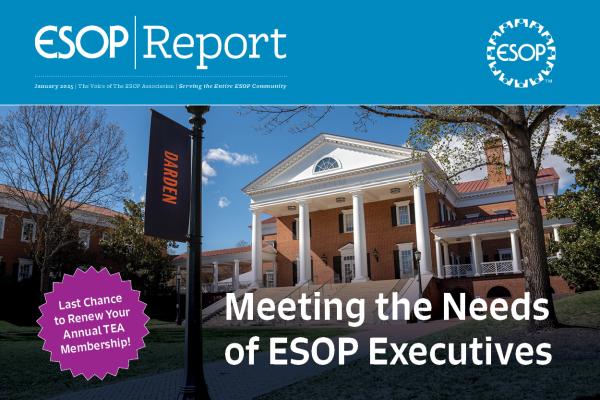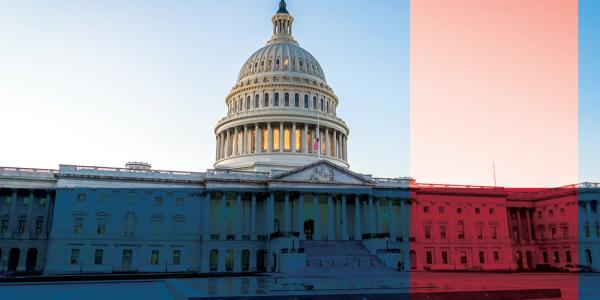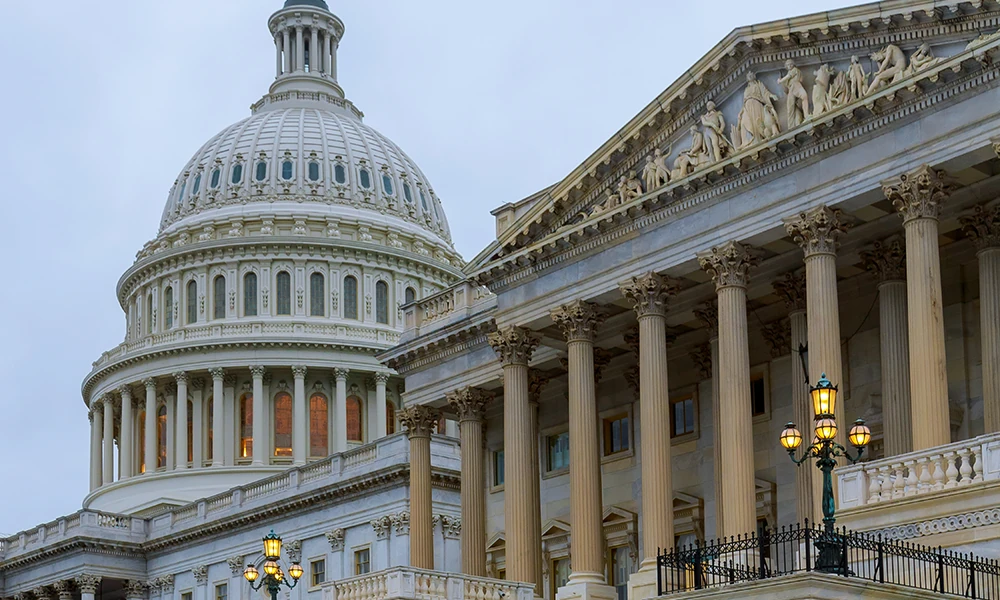There has been a growing divide in this country between those with means, and those without—and a key element separating these two groups is stock ownership.
This is why our entire nation—and especially low wage earners—need ESOPs, which enable all participating employees to become shareholders without investing a penny of their own money.
Who Owns Stock
On average, 55 percent of all Americans on stock. But if you look at those numbers more closely, you find that stock ownership is far from evenly distributed across all segments of the population.
Among households earning $100,000 of more per year, 84 percent own stock, according to a Gallup study.
Sort the data a little differently and you get a drastically different result. Among households earning $40,000 or less, only 22 percent own stock.
That means wealthier households are nearly four times more likely to own stock than less affluent ones.
Why Stocks Matter
People who don’t own stock are falling behind. From Jan 2017 to Dec 2019, wages increased only 9 percent, while the Standard & Poor’s 500 Index rose 42 percent, according to data from Robert Schiller of the St. Louis Federal Reserve and reported in the Washington Post.
Simply put, businesses are making more money, but that extra cash often doesn’t end up in the pockets employees.
That is, unless those employees work at ESOPs.
ESOPs Are a Difference Maker
All who participate in an ESOP become shareholders in the businesses where they work. And because the vast majority of ESOPs require no out of pocket contribution from employees, there is no barrier to entry for those earning lower wages.
Simply put, ESOPs can help low wage earners, who are likely to have the greatest need for stock ownership while being the least able to afford it.
COVID-19 has put enormous strains on low wage earners in particular, driving many of them ever closer to financial ruin—and making ESOPs more important than ever.







